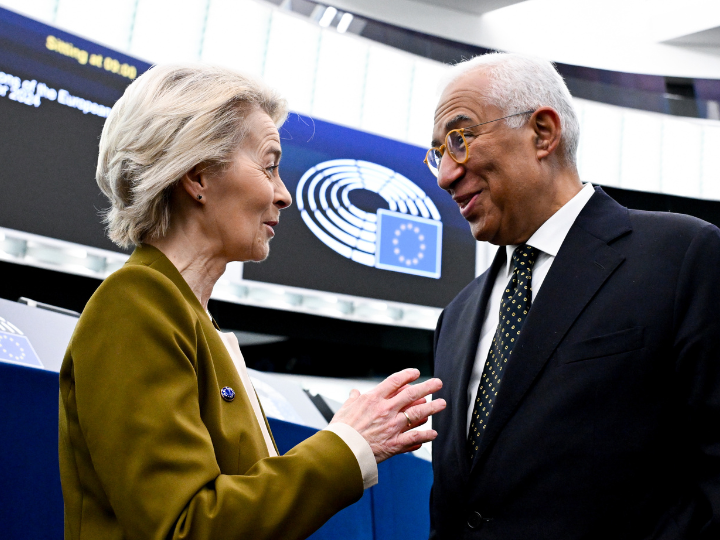by Antonis Zairis*
After everything that has developed in the wake of the railway accident that claimed the lives of 57 mostly young people and regardless of the management or political attribution of responsibility today, with absolute calmness and sobriety, a fundamental question hovers over the necessity of combining macro-planning and micro-management in order for the results the results to be maximizes and operate in a multiplicative and positive way for the management.
As has typically been mentioned by management gurus, the concept of planning involves the stages of preparation and target setting, while objectives are then formulated and mapped out in specific action plans which managers diligently monitor, revise in the context of feedback, redefine in view of sudden changes in the environment and ultimately supervise the achievement or otherwise of the predefined objectives.
It is the intervention of an exogenous sudden event that, as has also been said, makes planning weak and ineffective, since it is mainly based on assumptions about the future, which, as we know, can be shaped by individual interventions, but cannot be predicted.
Therefore, can we talk, conduct a fruitful dialogue, spend resources (material and human) which means cost, but also base a whole rationale on the philosophy of long-term planning, e.g. to conduct a dialogue on megatrends in the society of the future, on the importance of inventiveness and innovative ideas and their link with the new, on intangible development model of the next day, or on the volatility of factors affecting people’s lives, etc. while in parallel effectively managing everyday life issues (the some time ago experience with the trains has shown the opposite to be true) .
The answer is positive, but with one condition of great importance and significance concerning the micromanagement of everyday life. This condition is therefore related to the following:
Firstly, the safety of human life has to be emerged as a non-negotiable and top priority that all political forces must agree on, as this will probably lead to the formation of Consensus Policies and a quicker resolution of existing omissions and mistakes.
Secondly, it has to be understood that there are categories of problems that can be solved and problems that cannot be solved. The focus should be on those that can be solved and the requested conditions for their resolution that may involve costs! Thirdly, selection, continuous assessment, education and training of senior management human resources should be carried out on the basis of empirical and institutionalised procedures that work well in the private sector, and best practices and best policies should be used.
Fourthly, to follow, both at micro-management and political supervision level, on the one hand, the basic management functions involved in the execution of a project and, on the other hand, to understand and distinguish strengths, weaknesses, opportunities and possible threats, as well as to prioritise pending events by differentiating urgent and important in accordance with urgent or less important or important and less urgent. It is on these urgent and important events that the right manager focuses in his or her management, as this facilitates a safer risk assessment and reduces the risk of strategic vacillation.
Any rethinking and focusing on long-term plans without taking micro management seriously in the logic of prioritising problems is likely to act as a deterrent and distraction, moving away from concrete goal achievement and from the strategy of addressing omissions and chronic deficiencies, which is of course contrary to the deeper philosophy of Politics as the art of the possible, which on the one hand produces everyday results, and on the other plans for the future with ’baggage’ of knowledge, experience and increased perception of upcoming events and situations.
*Assistant Professor, Business Administration-Marketing, Neapolis University, Cyprus and Associate Professor,Hellenic Mediterranean University, Greece




 By: N. Peter Kramer
By: N. Peter Kramer

